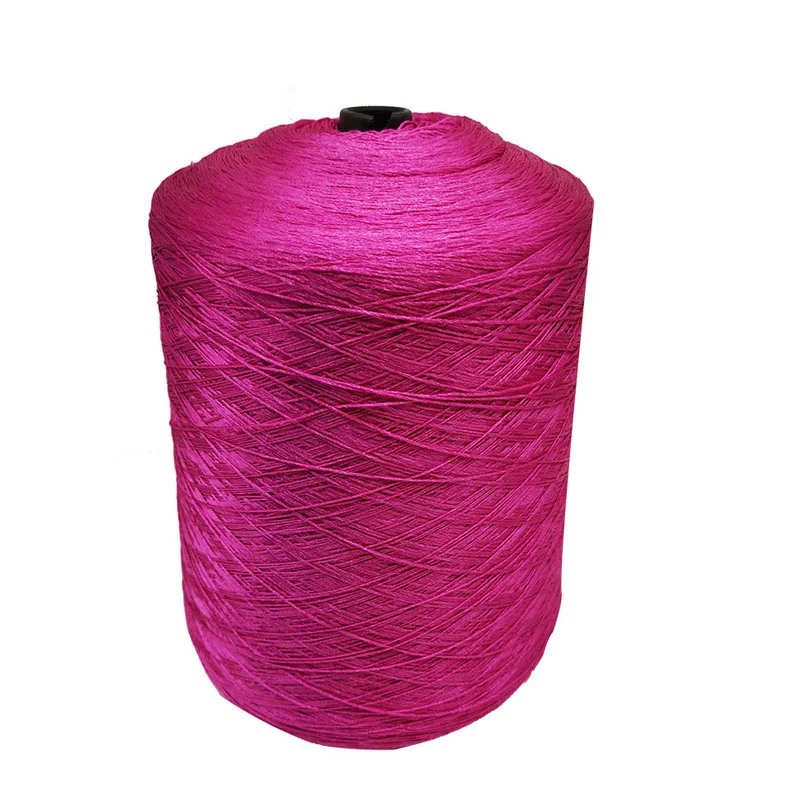
The question of whether Nike is a luxury brand or not is a complex one that often sparks debate among consumers and industry experts. On the surface, Nike's widespread availability and diverse range of products might suggest it's a mainstream brand. However, a deeper look into its design, quality, marketing strategies, and pricing reveals a more nuanced picture.
First, let's define what constitutes a luxury brand. Typically, luxury brands are associated with high-end, exclusive products that cater to a select audience willing to pay a premium for exceptional quality, unique design, and a certain cachet. These brands often have a rich history and heritage, and their products are often handcrafted or made with rare and expensive materials.
Now, let's consider Nike in this context. Nike's products are certainly not handcrafted or made with rare materials, and they are widely available in various retail outlets and online stores. However, the brand's focus on innovation, design, and quality sets it apart from many of its competitors. Nike's shoes, for instance, often feature cutting-edge technology like Flyknit and Zoom Air, which provide superior comfort and performance. This focus on technology and design, combined with Nike's meticulous attention to detail, results in products that are both functionally superior and visually appealing.
Moreover, Nike's marketing strategies often borrow from the playbook of luxury brands. Its collaborations with high-profile athletes and celebrities, as well as its sponsorship of elite sports events, have helped create an aura of exclusivity and prestige around the brand. Nike's limited-edition releases and collaborations with designers also contribute to this perception, as they create a sense of scarcity and exclusivity that is often associated with luxury brands.
Pricing is another area where Nike exhibits some characteristics of a luxury brand. While Nike's products are not necessarily the most expensive in the market, they often command a higher price tag than many of its competitors. This is partly due to the brand's premium positioning and the perception of its products as being superior in quality and design.
However, it's important to note that Nike's wide range of products and pricing tiers cater to a diverse audience. From entry-level sneakers to high-end performance wear, Nike offers something for every budget and taste. This breadth of offerings allows Nike to maintain a mainstream presence while still appealing to consumers who are willing to pay a premium for the brand's best products.
In conclusion, Nike is a complex brand that exhibits some characteristics of a luxury brand but is also firmly entrenched in the mainstream. Its focus on innovation, design, and quality, combined with its marketing strategies and pricing, create a unique positioning that appeals to a wide range of consumers. Whether you consider Nike a luxury brand or not ultimately depends on your own definition and perception of the term.




